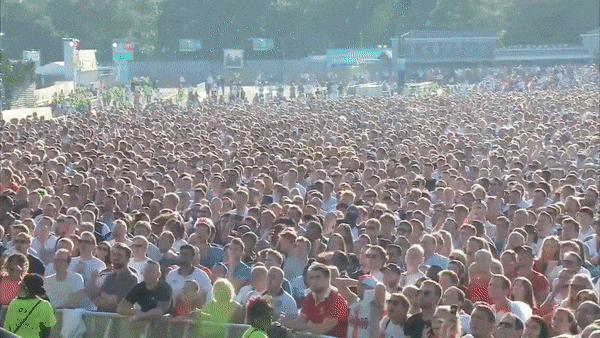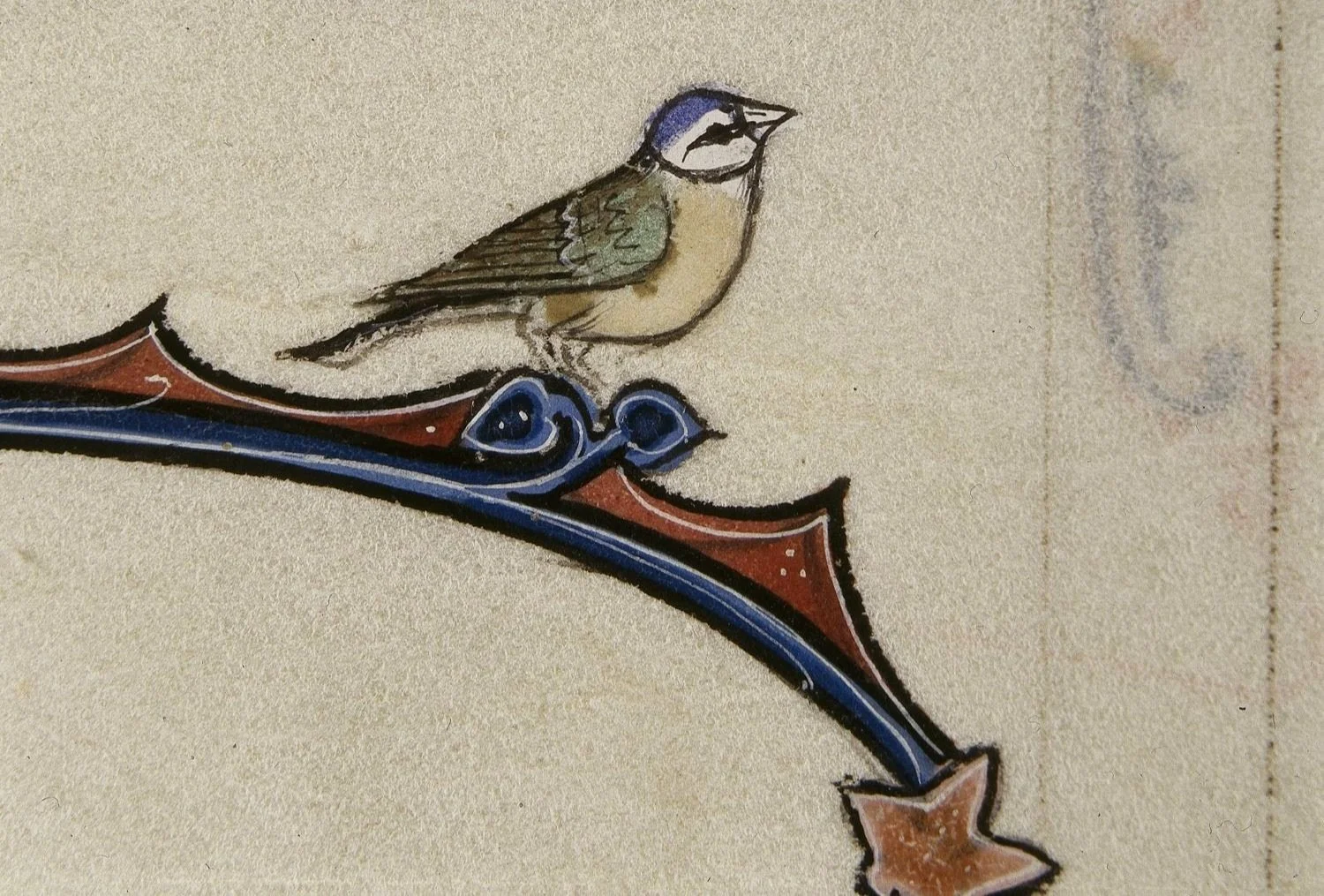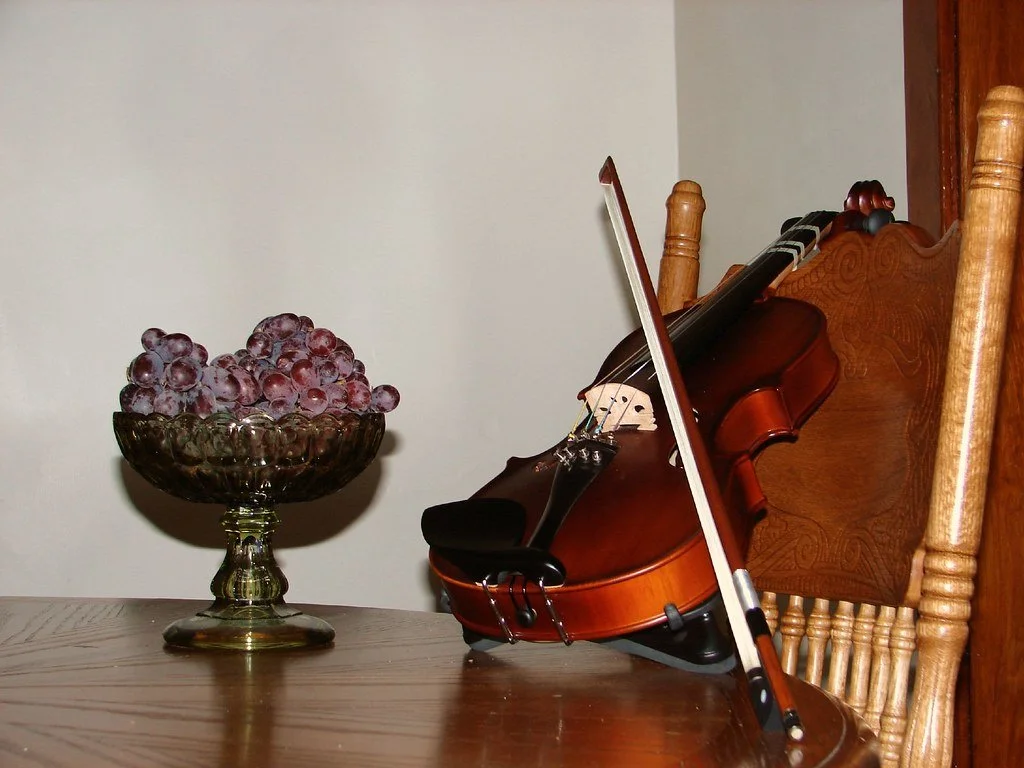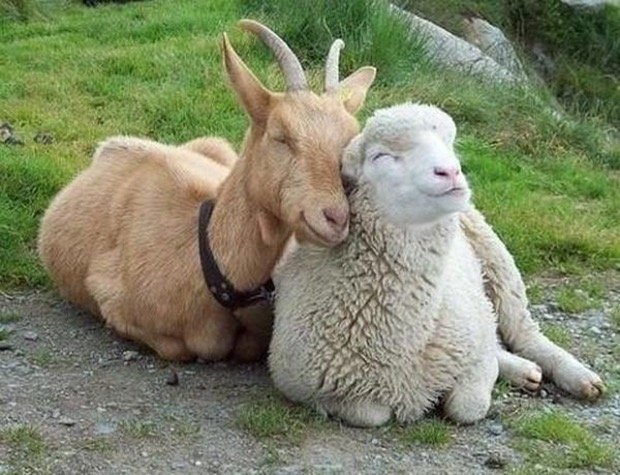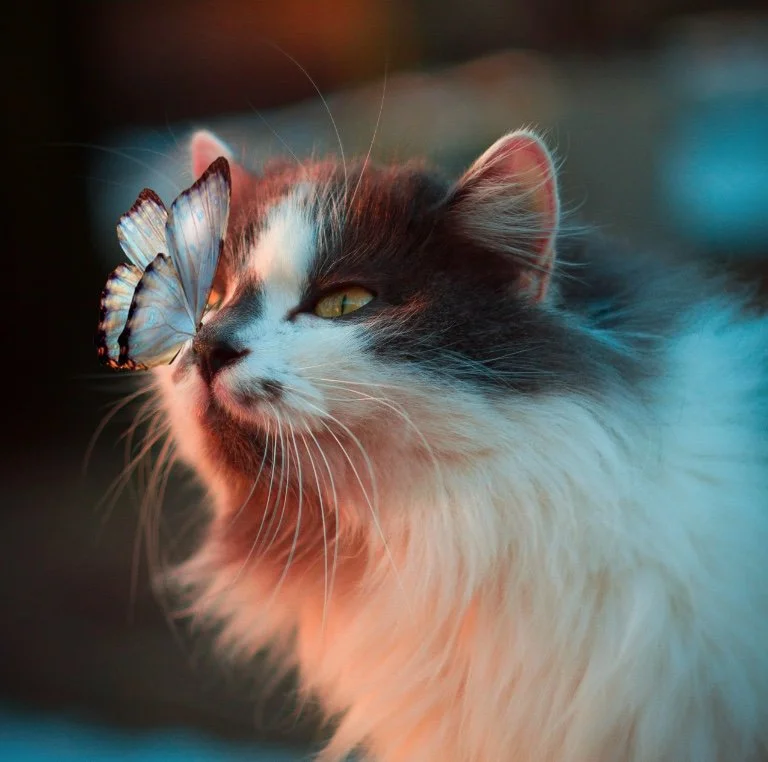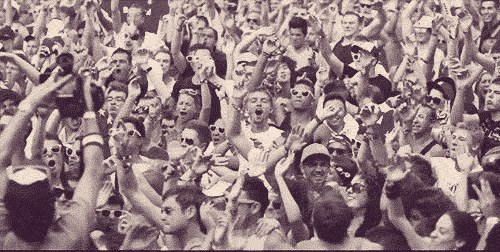By The Landlord
“A table, a chair, a bowl of fruit and a violin; what else does a man need to be happy?” – Albert Einstein
“Happiness isn't happiness unless there's a violin-playing goat.” – Julia Roberts
“To forget oneself is to be happy.” – Robert Louis Stevenson
“Happiness is an inside job.” – William Arthur Ward
“The sound of laughter is like the vaulted dome of a temple of happiness.” – Milan Kundera
“Happiness is like a kiss. You must share it to enjoy it.” – Bernard Meltzer
"Happiness is not a goal; it is a by-product.” – Eleanor Roosevelt
"Success is getting what you want. Happiness is wanting what you get.” – Dale Carnegie
“Happiness is nothing more than good health and a bad memory.” – Albert Schweitzer
"Happiness is when what you think, what you say, and what you do are in harmony.” – Mahatma Gandhi
“All who joy would win must share it. Happiness was born a Twin.” – Lord Byron
“Some cause happiness wherever they go; others whenever they go." – Oscar Wilde
“He's got a watch with a minute hand
Millennium hand and an eon hand
And when they meet it's a happy land …” - They Might Be Giants, Particle Man
Happiness eh? I remember it well. Has it come round again? Perhaps so, with a spate of recent positive events, even in politics, public life inching away slightly from insanity, and a sniff in the air of some collective common good. Has the proverbial slow-turning eon hand and the twitchy, fragile minute hand at last clicked together, perhaps briefly, into a happy place? If so, let’s enjoy it while we can, before it turns downwards again, and after last week’s freedom of expression topic, which helped usher in something truly upbeat, and keep this momentum with the subject of happiness in song.
When hovering over this topic idea, I felt great surprise that this isn’t one we’ve covered before. But as John Barrymore puts it: “Happiness often sneaks in through a door you didn't know you left open.”
Indirectly it has, with in the distant past, ‘joyful songs', and also more particularly songs about smiling and laughter, and even more specifically simplicity and pleasure, but happiness in general terms, now suddenly opens up like a blue sky on a summer’s day across an English meadow with a beautiful oak tree covered in twittering larks.
Happiness may cover a wide spectrum then, from calm, inner tranquility and bliss, to electric, excited ecstasy. And everything in between.
Yet there's something contradictory about happiness associated with any art, as it is suffering that usually bears more fruit in song and other forms. What is there to shout about unless you are in pain? As mentioned several years ago, in the distant past one of my many word-related jobs was working on the Historical Thesaurus of the English Language, with two related editions between the Oxford English Dictionary and a parallel work compiled at Glasgow University. Containing 800,000 word definitions, and completed in 2009 after 44 years, it contains the most obscure of words from Old English to the present, like a Roget’s Thesaurus, but for all time. I helped research two primary sections – happiness and suffering. It says a lot about human nature that the suffering section contained around nine times as many words as happiness. There is always more to say through suffering and misery, even if we no longer use 100 words describing, for example, different types of axe wounds.
But going back to the dawn of the English language, while the medieval period was synonymous with suffering, there were always poetic words for happiness too. Gefeannes, gefeohtsumnes, estnes, beneurte, eadlufu (specifically happiness from love), and the sonically evocative (ge)sundfulnes were all in use until the 15th century, and then there’s delice (1225–1685), or the simple but effective gladhead (1303). And later, in the early 19th century came identifiers such as - felicificability (capacity for happiness) and eudemonics (art of happiness).
Even back in the Middle Ages, in between disease and death, happiness was identified, particularly, in the sight and sound of a bird on a branch singing its song:
Gladder icham... Þan þe fouel whan hit ginneþ dawe.
(I am gladder than the bird when the day begins to dawn) – from the romance Bevis of Hamtoun
“And thus with joye and hope wel to fare
Arcite anoon un to his in is fare
As fayn as fowel is of the brighte sonne.”
(And thus full of joy and hope for success,
Arcite quickly returns home,
As glad as the bird is of the bright sun.”) – Chaucer’s Canterbury Tales, the Knight's Tale
A fleeting sign, and song, of happiness in the Middle Ages …
But how else might you define happiness? We’ve heard several definitions already, but a recurring thread is that it’s something best experience collectively, or at least via a sense of shared experience, whether that be watching a football game or nominating songs on a given subject. There’s a goal, but many different ways to reach it. Perhaps one of the many joys of this Bar then is not only that experience, but also, in my index of happiness, the creative task to mix seemingly incomparable elements into new flavours, colours, sounds and contexts.
That also includes virtual visitors from history on this week’s subject. Is happiness down to the individual or the collective?
Be grapeful: happiness according to Albert Einstein
“There is only one happiness in this life, to love and be loved,” reckons George Sand. And refining that, joining at the table, here’s The Strokes’ Julian Casablancas, declaring that: “Desire is individual. Happiness is common.”
Happiness and love go hand and hand, but so also does suffering, but what then of marriage? Let’s welcome three very different characters to the Bar on that one.
“Happiness in marriage is entirely a matter of chance,” writes Jane Austen, with oodles of English stiff-upper lip nuance for us to enjoy.
“Well, a man doesn't know what happiness is until he's married. By then, it's too late,” quips Frank Sinatra, from his own very different world.
But Nick Cave is also in the house and takes a more sincere approach to completely contradict Frank’s joke: “Getting married, for me, was the best thing I ever did. I was suddenly beset with an immense sense of release, that we have something more important than our separate selves, and that is the marriage. There's immense happiness that can come from working towards that.”
Love and friendship …
Another key to happiness is indeed having a goal, and that doesn’t need to be of the football variety.
“The secret of happiness is something to do,” reckons John Burroughs.
Herbie Hancock’s also here on the his keyboards and plays out this thought:
“It's part of life to have obstacles. It's about overcoming obstacles; that's the key to happiness.”
But above all, the secret of happiness seems, according to this week’s Bar visitors, is a mental trick, and to repeat American author William Arthur Ward’s phrase, it’s “an inside job.”
Abraham Lincoln sums it up nicely with: “Most folks are as happy as they make up their minds to be.”
And here’s Bertolt Brecht, showing that we often go in the wrong direction looking for that elusive state of mind, when it is available to us already: “Everyone chases after happiness, not noticing that happiness is right at their heels.”
With another bodily metaphor, Tom Wilson reminds us that: “A smile is happiness you'll find right under your nose.”
Slowly does it: no need to look far, happiness is sometimes right under your nose
And Adam Smith’s version is: “Happiness never lays its finger on its pulse.”
Song Bar regular W. H. Auden has dropped in to give us a different non-human body part as a metaphor: “In times of joy, all of us wished we possessed a tail we could wag.”
Tail to tell?
“The secret of happiness is to admire without desiring,” adds Carl Sandburg in a more general way pointing towards being happy with what you already possess.
Memory is another recurring factor in this topic, or in fact not dwelling on the past a vital component. Happiness is good health and a bad memory, reiterates Ingrid Bergman, as did Albert Schweitzer, and Andre Gide adds that: “Nothing prevents happiness like the memory of happiness.”
Groucho Marx is in, and for once isn’t joking when he tells us how enjoying the present is so important: “I, not events, have the power to make me happy or unhappy today. I can choose which it shall be. Yesterday is dead, tomorrow hasn't arrived yet. I have just one day, today, and I'm going to be happy in it.”
David Lynch, who between film and art projects, is heavily into transcendental meditation, declares that: “Life should be blissful, and blissful doesn't mean just a small happiness. It's huge. It is profound.”
Rapper Lupe Fiasco says it’s happiness itself that’s the goal. “That should be the measure of success for everyone. It's not money, it's not fame, it's not celebrity; my index of success is happiness.”
But let’s wind up with a rather delicate description from Nathaniel Hawthorne:
“Happiness is a butterfly, which when pursued, is always just beyond your grasp, but which, if you will sit down quietly, may alight upon you.”
Fleeting happiness is sometimes above the nose …
And finally, as Robert Frost put it: “Happiness makes up in height for what it lacks in length,” so it’s time for this introduction to end, and your song nominations to start.
Spanning the happiness spectrum with hopfully a wide range of choice will be this week’s guest – the marvellous MussoliniHeadkick! Place your suggestions in the comment box below for deadline at 11pm on Monday UK time for playlists published next week. Enjoy it while it lasts …
New to comment? It is quick and easy. You just need to login to Disqus once. All is explained in About/FAQs ...
Fancy a turn behind the pumps at The Song Bar? Care to choose a playlist from songs nominated and write something about it? Then feel free to contact The Song Bar here, or try the usual email address. Also please follow us social media: Song Bar Twitter, Song Bar Facebook. Song Bar YouTube, and Song Bar Instagram. Please subscribe, follow and share.
Song Bar is non-profit and is simply about sharing great music. We don’t do clickbait or advertisements. Please make any donation to help keep the Bar running:

